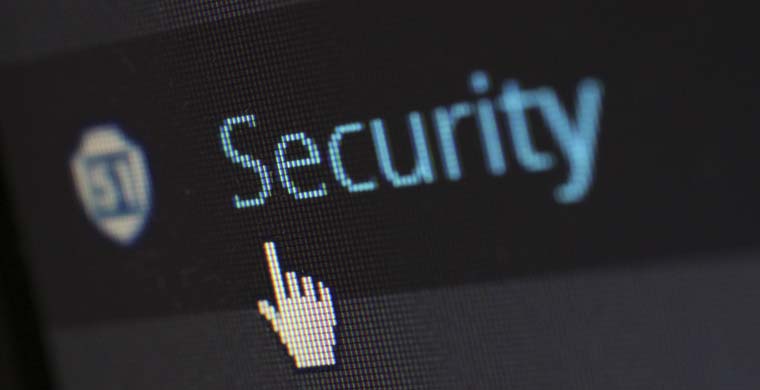
The demand for cyber security talent is increasing as more and more organizations are relying more on technology. Digital security is more relevant than ever because many organizations are leveraging homeworking and related digital solutions.

The demand for cyber security talent is increasing as more and more organizations are relying more on technology. Digital security is more relevant than ever because many organizations are leveraging homeworking and related digital solutions.
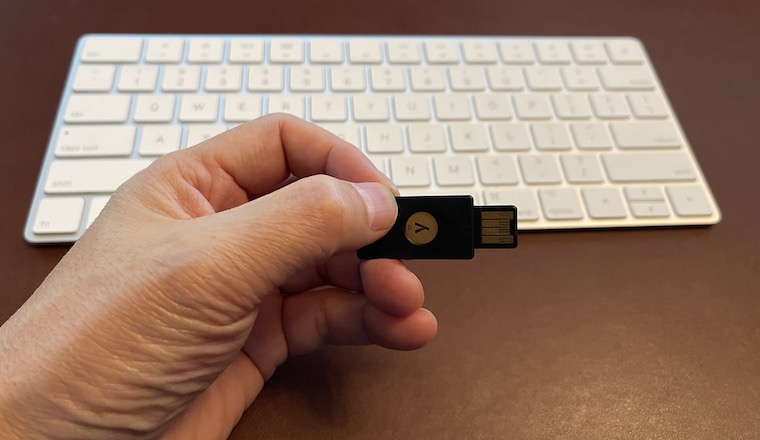
The modern world brings us a lot of benefits, yet it also requires modern solutions for all challenges it offers along the way. Just as we put a lock on our front door and set up the alarm system at home, we must also take care of our digital security as well. Although an email account is one of the oldest types of personal accounts online, they can still be attacked by hackers to be used for a variety of reasons, which include stealing your personal data and stored information, as well as getting access to your ongoing communication.
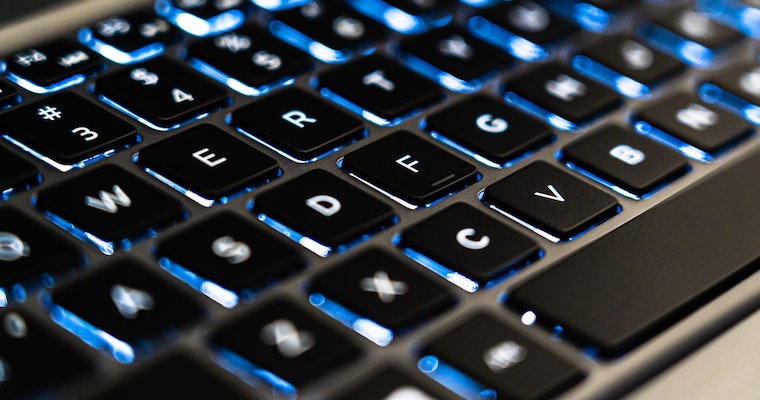
With cyberattacks on the rise against businesses this year, more attention is being paid to how businesses and organizations can protect the sensitive information they hold. This year has seen some of the largest companies become targets to massive cyberattacks like Mariott, Experian, and even The World Health Organization. Unfortunately, although cybercrime is growing steadily across the globe, most countries are yet to implement legal and regulatory frameworks addressing cybersecurity for businesses. That does not mean that there hasn’t been some progress, however. Over recent years, countries have moved to propose cybersecurity legislation and monitoring bodies. For instance, The Australian Securities and Investment Commission released a cyber resilience report. As compliance meets cybersecurity in today's digitally-driven environment, cybersecurity compliance is quickly no longer becoming an option.
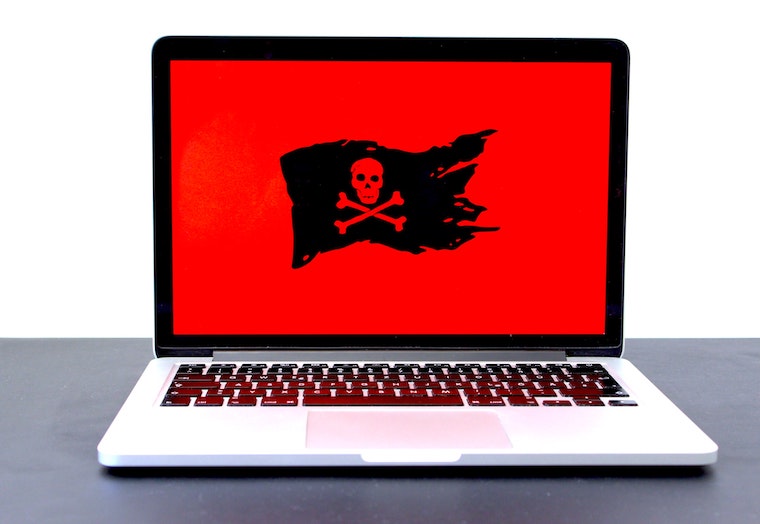
You’ve heard of malware, but what is it? Malware, which is short for malicious software, is one of the biggest threats we face online. It’s a code developed by cyberattackers that specifically target user data and computer functions. It can be extremely damaging and invasive.
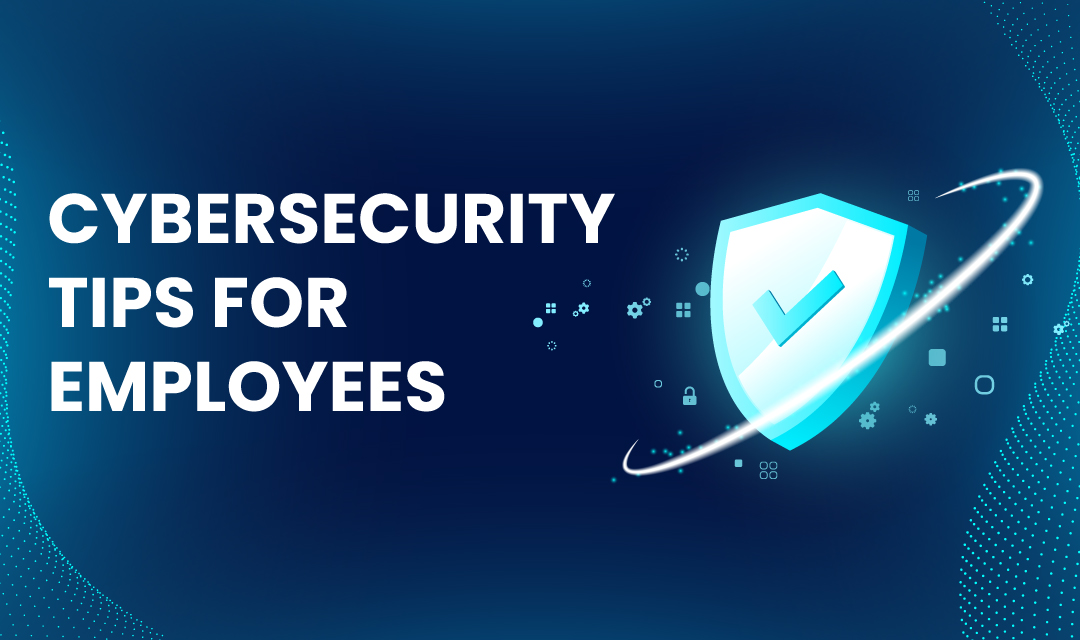
The recent changes in work styles experienced by many businesses and individuals due to the coronavirus pandemic have put a heavy burden on the IT departments and technological structures of these companies. Working from home is becoming more and more popular among employees because they believe they are more productive. Moreover, they do not need to commute for a long time to work and distracting factors do not have much influence on their work efficiency.
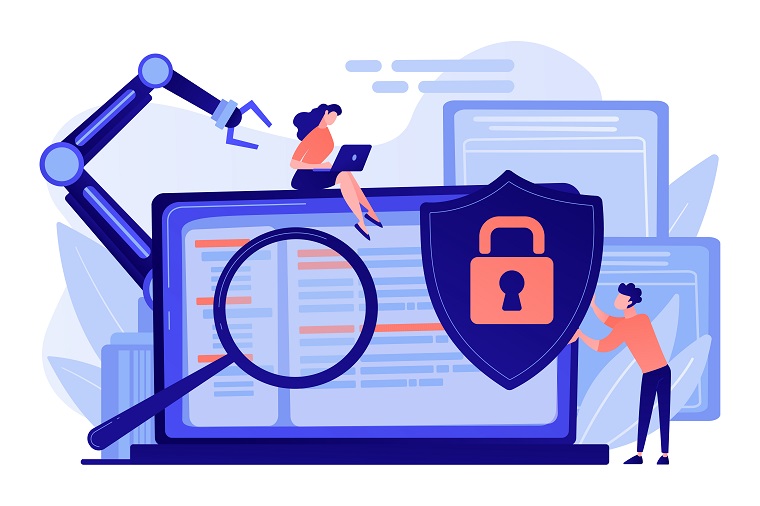
If you're working as an IT specialist in a K-12 school or a university, odds are that you've seen your fair share of cyberattack attempts. Cybersecurity intrusions have become a major point of contempt in academic institutions in 2020 due to a majority of schoolwork being shifted to remote platforms.
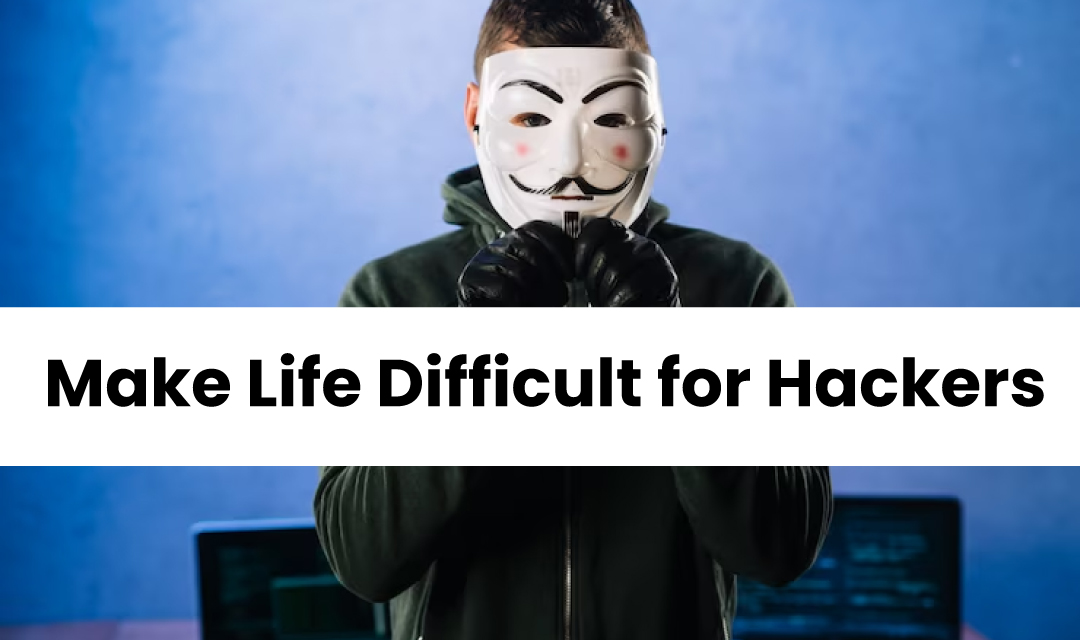
We hear about data breaches on a daily basis, and it's no surprise. You do not need to be a large corporation or an oligarch to fall victim to a cyberattack. By understanding what cyberattacks are, you'll be able to detect and prevent common cyberattacks and protect your devices and online accounts from hackers.
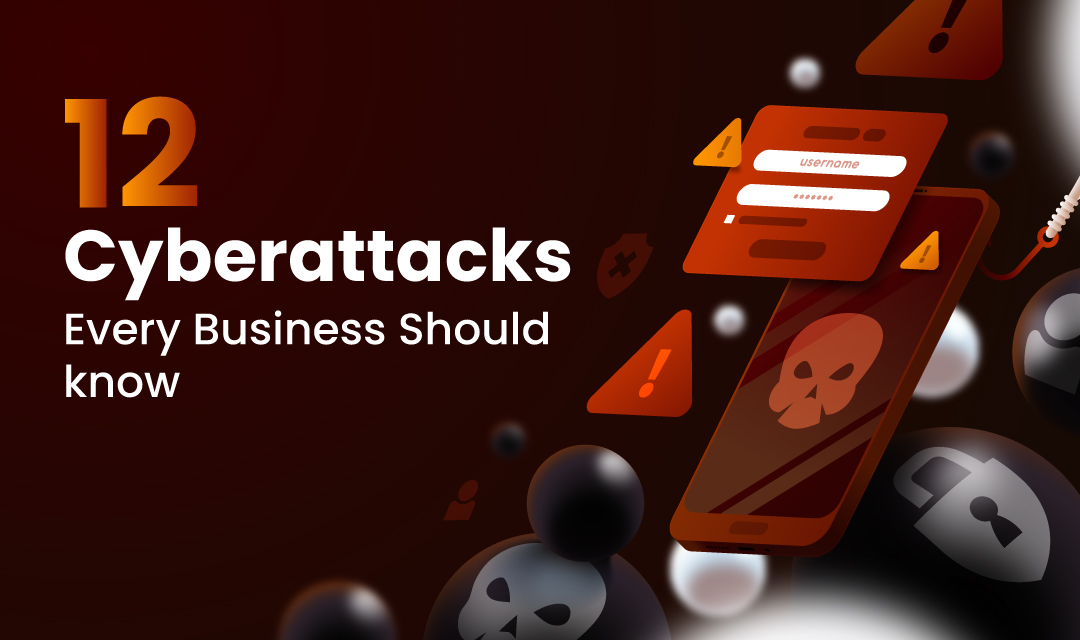
Cyberattacks should not be taken lightly, as fraudulent techniques are constantly changing and improving. Last year alone, 1,001 companies and about 155.8 million users experienced identity theft. To avoid falling into this trap and protect your business, it's helpful to know the most common types of cyberattacks. Whenever there is a large sum of "money transfer" involved, extra caution should be given to ensure the transaction is legitimate.
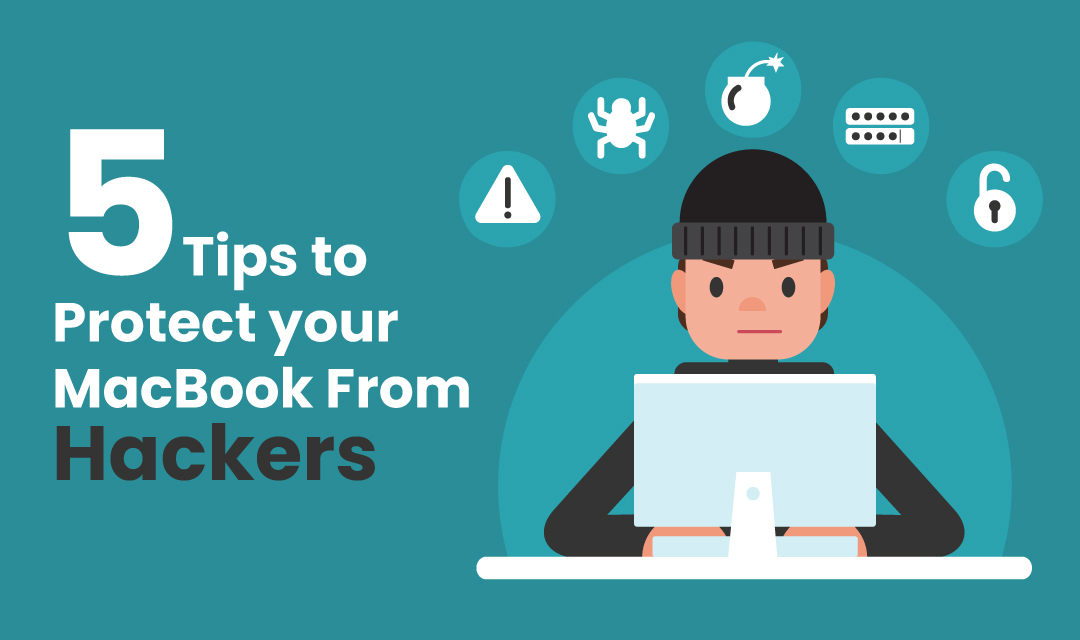
Cybercriminals are not the same as those who rob people on the street. These are well-educated, tech-savvy individuals who do not care whether you prefer expensive or low-cost devices. They appear to be capable of hacking anything. This issue contributes to the formation of specialist departments comprised of the best minds in the IT sector, whose main task is to identify software flaws and protect smart devices from potential hacking. Do you know how to protect your Mac from hacking attempts?
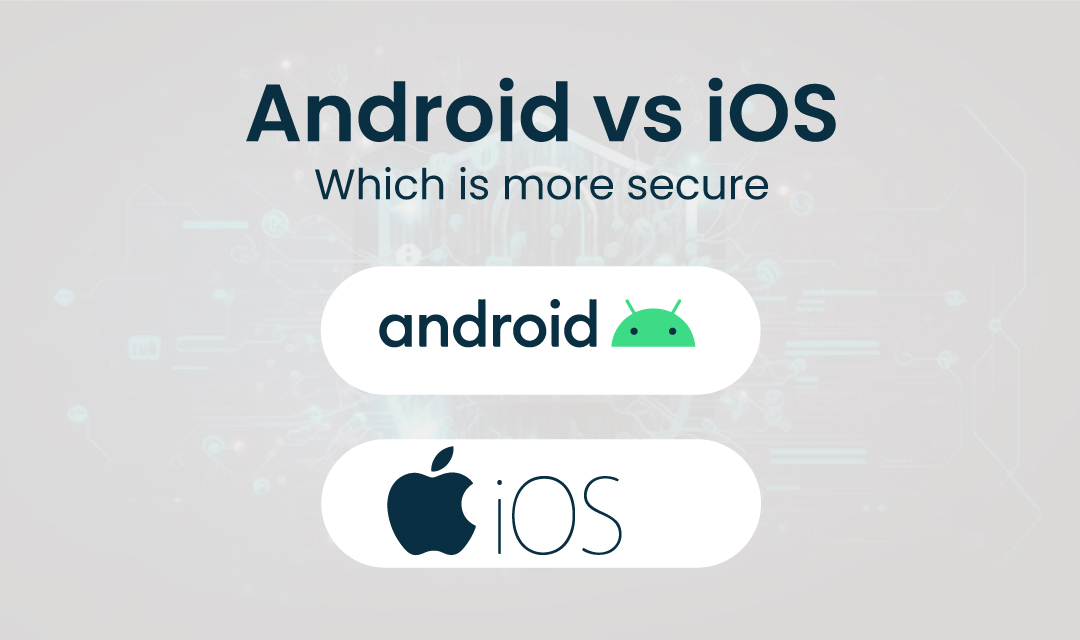
While many argue that this issue is decided by branding and status, we believe the reasons go beyond swears by the convenience of a particular software system.
Android and iOS have been competing with each other for almost an eternity. Android and iOS both have a large user base and are constantly borrowing features from one other. This is one of the reasons why both operating systems are so difficult to compare. Despite their similarities, there is one with a more unique and secure interface.